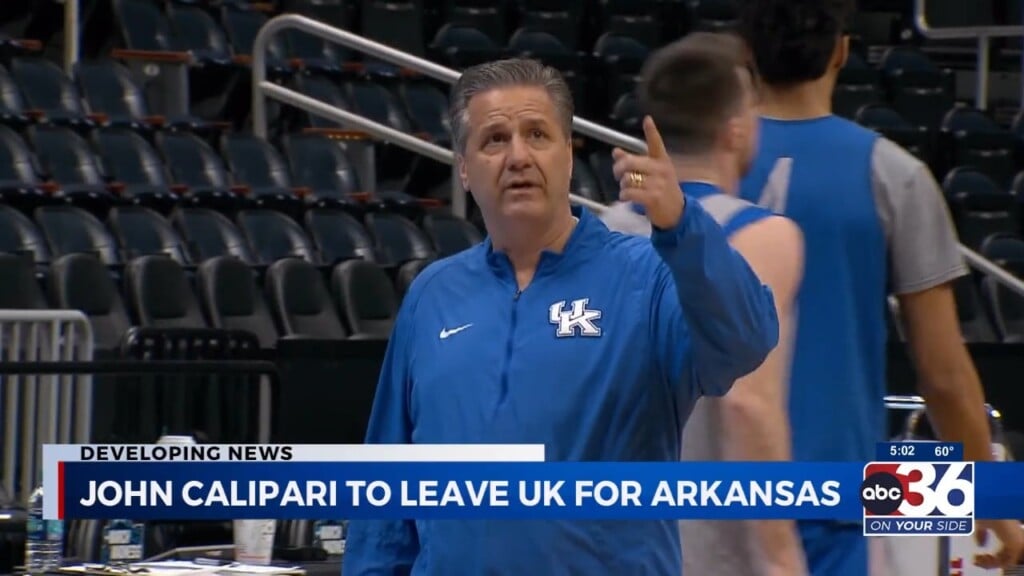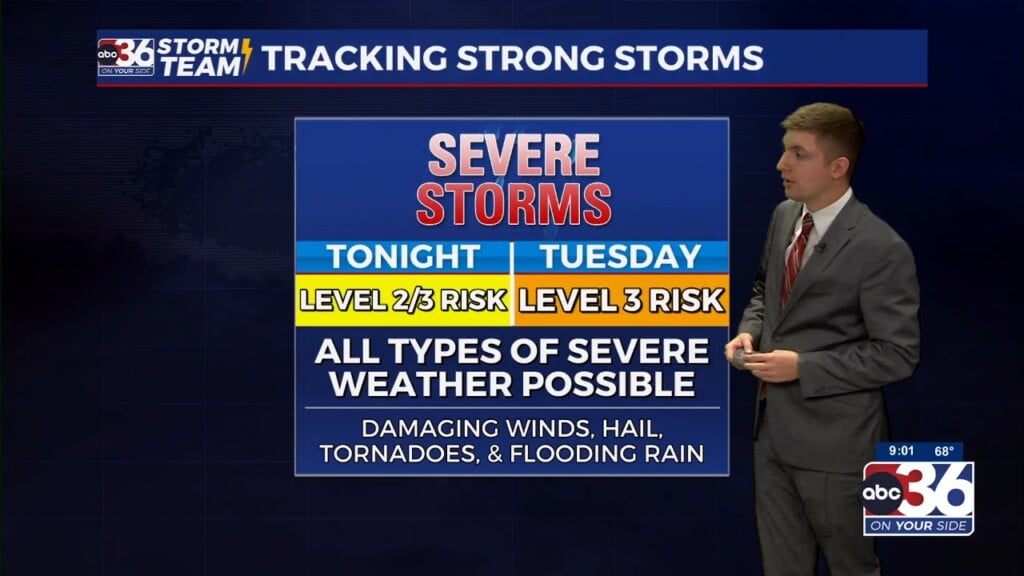Former ABC 36 Meteorologist Mark Stitz reports on historic Louisiana flooding
BATON ROUGE, LA (WTVQ)-You might remember Meteorologist Mark Stitz during his time at ABC 36. He now works for a TV station in Baton Rouge, one of the areas hit hard by the recent flooding which has killed 13, and left thousands homeless.
ABC 36’s Diane Gerstenfeld caught up with him over Facetime between shows at WVLA and asked him if he knew when the storm was first rolling into Baton Rouge if he knew it would be such a historic flooding event.
He says, “Going into this storm we knew flooding would be a concern in a number of areas but when it comes to a historic record event like this it’s hard to forecast something that’s never happened before.”
Stitz says in just three days some areas were pounded with more than twenty inches of rain
Some are comparing the historic flooding to Hurricane Katrina.
“We’re estimating that about 4 trillion gallons of water fell on Southern Louisiana over this three or four day event. If you compare that to Katrina 250 billion gallons were pumped out of the city of New Orleans. So we’re talking you know in comparison a significantly higher amount of water that we’re dealing with across Baton Rouge than what people had to deal with in Katrina. But obviously Katrina also had the wind damage.”
He says his home was spared, but taking in all the damage where water has now receded is almost hard to believe.
“Even though my neighborhood stayed dry, widespread flooding was over there. If I go the opposite way down that road by a half a mile those roads are still flooded.”
Stitz says the community has been through rough weather before. In the clean-up process that’s now beginning in some areas he says it’s all about neighbors helping neighbors.
“We’re talking thousands upon thousands of home that will need to be gutted. So this is going to take a very long time.”
Stitz says going into the weekend there are still some evacuations on the horizon. He says one of the big problems is that all the water has to go somewhere. And as it recedes through the local water systems upstream and over into the tidal lakes in New Orleans some communities are now being affected by back-water flooding.




Leave a Reply